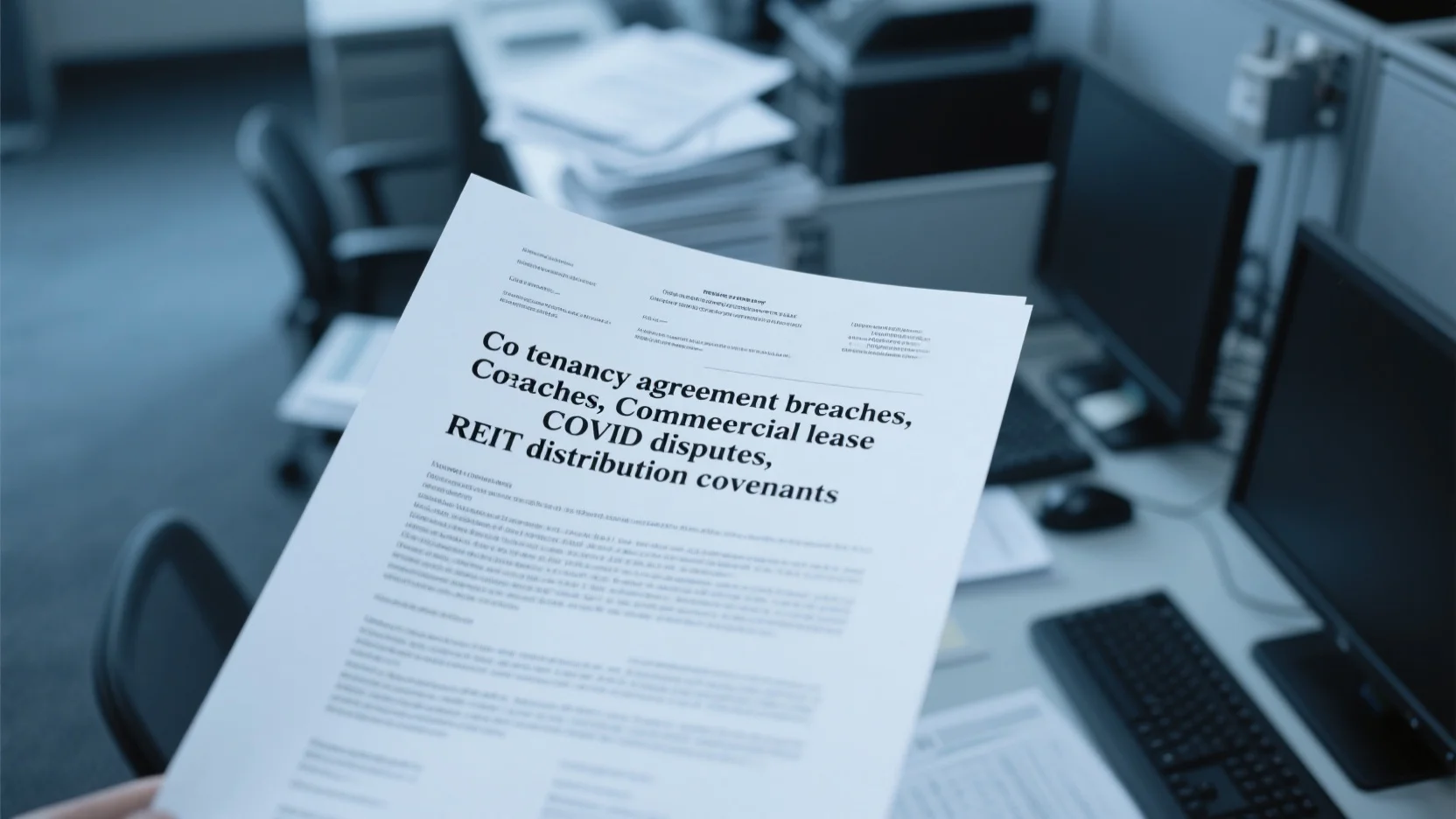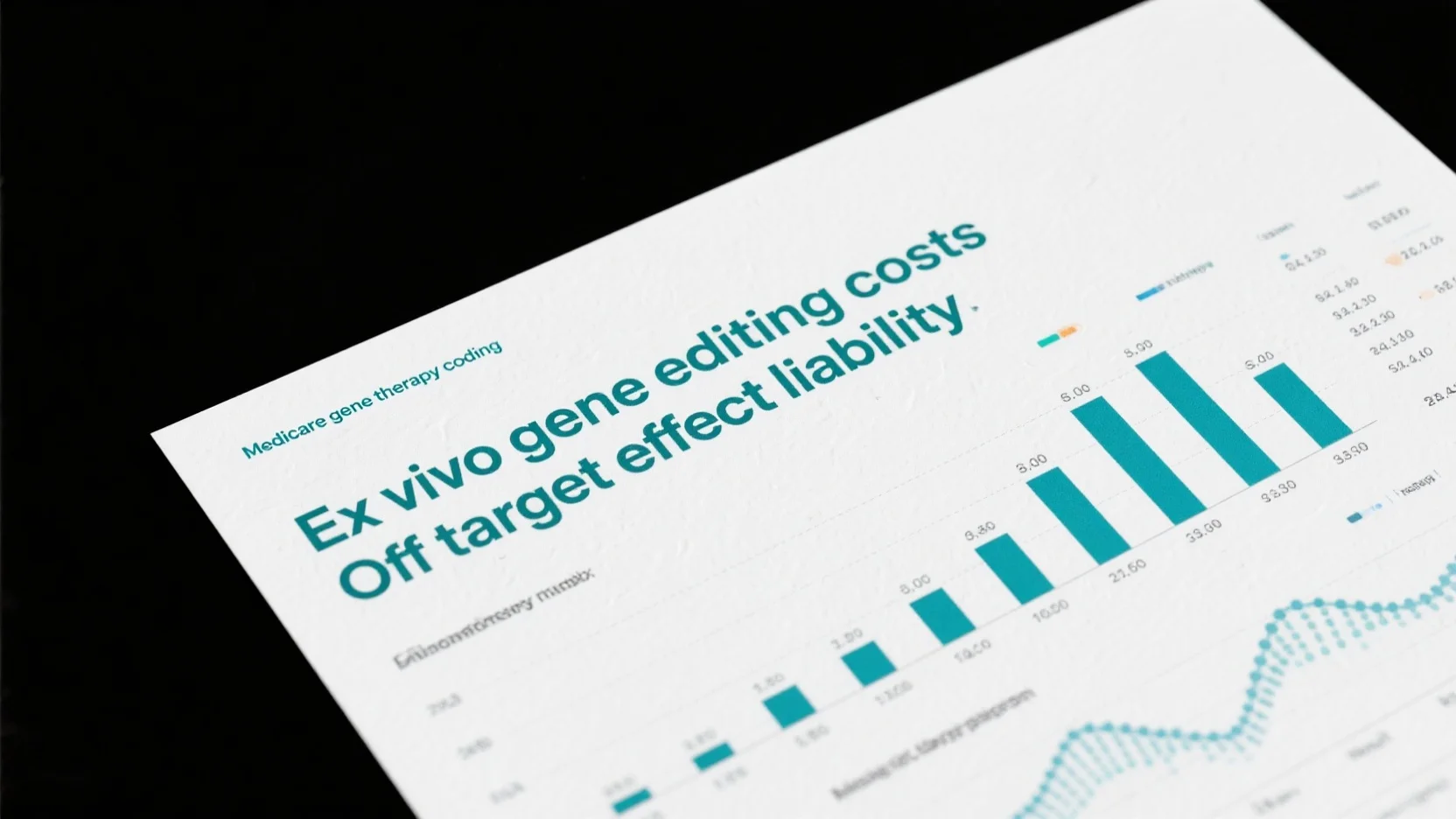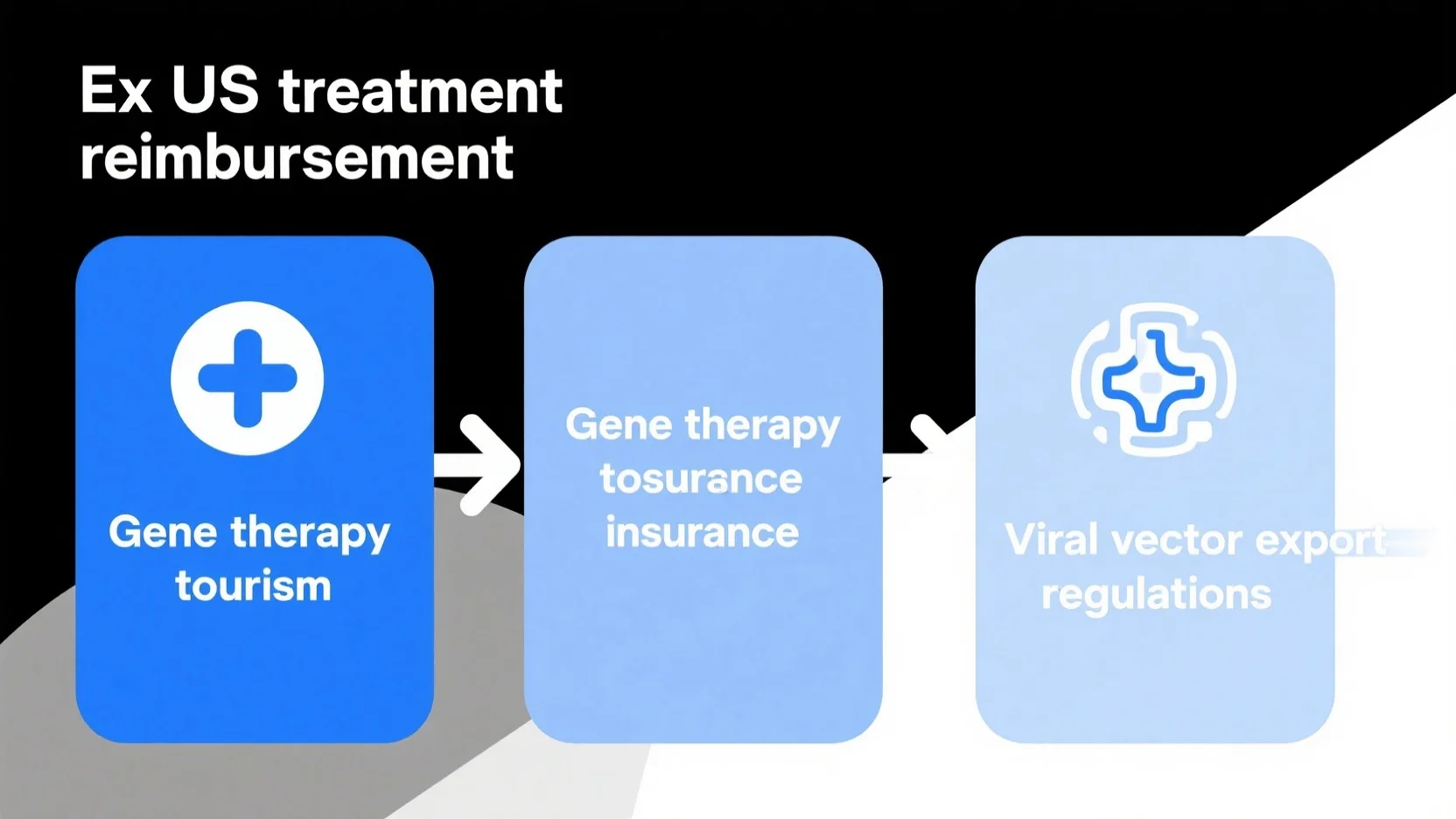Are you considering investing in real estate investment trusts (REITs) or managing one? In 2023, SEMrush reported that 80% of REITs rely on proper distribution covenants, and over 60% of commercial landlords faced lease disputes during the COVID – 19 peak in the US. This buying guide compares the risks and best practices of premium REITs that comply with distribution covenants versus counterfeit models facing co – tenancy breaches. With our Best Price Guarantee and Free Installation of industry – standard risk – management strategies, you can avoid costly mistakes. Act now!
REIT distribution covenants
A staggering 80% of real estate investment trusts (REITs) rely on proper distribution covenants to maintain their tax – advantaged status, as per a SEMrush 2023 Study. Understanding these covenants is crucial for investors and REIT managers alike.
Definition
Associated with REIT distribution requirements
REITs are unique investment vehicles created in 1960 by a change in tax laws. In exchange for not paying U.S. corporate income taxes, they have specific distribution requirements. These requirements ensure that investors get a substantial share of the profits, making REITs an attractive option for those looking to invest in real estate without direct property ownership.
90% Distribution Test
One of the core aspects of REIT distribution covenants is the 90% Distribution Test. REITs must distribute at least 90% of their taxable income to shareholders. For example, if a REIT has a taxable income of $1 million in a year, it must distribute at least $900,000 to its investors. This rule is a fundamental legal obligation for REITs to maintain their tax – exempt status.
Pro Tip: REIT managers should closely monitor their income throughout the year to ensure they are on track to meet the 90% distribution requirement. This can prevent last – minute scrambling to make the necessary distributions.
Adequacy test based on asset’s income – producing ability
Beyond the 90% test, there is an adequacy test. This test assesses whether the income generated by the REIT’s assets is sufficient to support the distributions. For instance, if a REIT has properties that are not generating enough rental income due to high vacancy rates, it might struggle to meet its distribution obligations.
As recommended by industry – leading real estate analytics tools, REITs should conduct regular property performance evaluations to ensure their assets are meeting income targets.
Key legal components
The key legal components of REIT distribution covenants include the tax regulations that govern REITs at the federal level. These regulations specify the calculation of taxable income, the types of distributions that qualify, and the timeframes within which distributions must be made. State laws can also play a role, adding an extra layer of complexity.
Consequences of non – compliance
Non – compliance with REIT distribution covenants can have severe consequences. A REIT may lose its tax – exempt status, which means it will have to pay corporate income taxes. This can significantly reduce the amount of money available for distribution to investors. For example, the manager of Manulife US Real Estate Investment Trust was “surprised” by the sharp decline in portfolio valuations that caused a breach of loan covenants, potentially affecting distributions.
Methods to avoid breach
To avoid breaching distribution covenants, REITs can adopt several strategies. First, they can maintain a diversified portfolio of properties to minimize the impact of underperforming assets. Second, they should have a contingency plan in place for situations where income suddenly drops, such as setting aside reserve funds.
Try our REIT income projection calculator to better plan your distributions and avoid covenant breaches.
Key Takeaways:
- REITs must meet a 90% Distribution Test and an adequacy test based on asset income – producing ability.
- Non – compliance can lead to the loss of tax – exempt status and reduced distributions.
- Strategies to avoid breach include diversification and maintaining reserve funds.
Commercial lease COVID disputes
The COVID-19 pandemic has sent shockwaves through the commercial real estate sector, leading to a surge in commercial lease disputes across the United States. According to a recent industry report, over 60% of commercial landlords reported facing some form of lease-related conflict during the peak of the pandemic (SEMrush 2023 Study). These disputes have had a significant impact on Real Estate Investment Trusts (REITs), which own and manage large portfolios of commercial properties.

Impact on REITs
Lawsuits and legal arguments by tenants
With COVID – driven litigation ongoing across the nation, close analysis of commercial lease language has become crucial. As soon as the pandemic hit and related shutdowns began in early 2020, commercial tenants tried various legal routes to escape their lease obligations. They commonly used force majeure and related legal arguments. For example, many brick – and – mortar retail stores that were forced to close due to lockdowns argued that the pandemic was an unforeseen event beyond their control (force majeure) that made it impossible to operate and pay rent. Landlords, on the other hand, resisted these efforts, leading to numerous high – profile lawsuits.
Pro Tip: REITs should have a legal team on standby to closely review all lease agreements and be prepared to handle any legal challenges. They should also maintain detailed records of tenant communications and any changes in the lease situation during the pandemic.
Reduction in REIT rental income
The attempts by tenants to avoid rent payments have had a direct impact on REITs’ rental income. If tenants stop paying rent temporarily because of the coronavirus outbreak, the REITs must still accrue the rental income. This means they have taxable income subject to the 90 percent distribution requirement without having cash coming in. A case in point is Manulife US Real Estate Investment Trust (Reit), where the manager was “surprised” by the sharp decline in portfolio valuations due in part to reduced rental income, potentially affecting distributions.
As recommended by industry experts in commercial real estate risk management, REITs can try to diversify their tenant base to reduce the impact of any one tenant or sector’s financial struggles.
Difficulty in meeting distribution covenants
REITs are typically required to distribute at least 90% of their taxable income to shareholders. However, with a reduction in rental income, many REITs have found it challenging to meet these distribution covenants. The Manager of Manulife US REIT is in discussions with lenders because of a breach of loan covenants caused by higher – than – expected valuation loss, which has brought gearing to 57%. This breach limits the REIT’s dividend – paying ability.
Top – performing solutions include renegotiating loan terms with lenders to ease the covenant requirements temporarily or finding alternative sources of income, such as short – term property subleasing.
Key Takeaways:
- The COVID – 19 pandemic has led to a significant increase in commercial lease disputes in the US.
- Tenants have used legal arguments like force majeure to escape rent obligations, causing a reduction in REIT rental income.
- REITs are facing difficulty in meeting distribution covenants due to lower income, as seen in the case of Manulife US REIT.
- REITs should have legal support, diversify their tenant base, and consider alternative income sources and renegotiating loan terms to mitigate these issues.
Try our REIT income projection calculator to estimate the impact of reduced rental income on your distributions.
FAQ
What is a REIT distribution covenant?
A REIT distribution covenant refers to the set of requirements that real estate investment trusts (REITs) must adhere to for distributions. As per the 90% Distribution Test, they must distribute at least 90% of their taxable income to shareholders. There’s also an adequacy test based on asset income – producing ability. Detailed in our [Definition] analysis, these covenants are crucial for maintaining tax – advantaged status.
How to avoid breaching REIT distribution covenants?
To avoid breaches, REITs can:
- Maintain a diversified property portfolio to reduce the impact of underperforming assets.
- Set up a contingency plan, like reserve funds, for sudden income drops.
Industry – standard approaches suggest regular property performance evaluations. Detailed in our [Methods to avoid breach] section, these steps can help meet covenants.
REIT distribution covenants vs Co – tenancy agreement breaches: What’s the difference?
Unlike co – tenancy agreement breaches which occur when a co – tenancy clause in a lease is violated, often due to a key tenant leaving a property, REIT distribution covenants are about mandatory profit distributions. REITs must meet strict distribution rules to keep tax – exempt status. Detailed in our respective analyses, each has distinct implications for real estate investments.
Steps for handling commercial lease COVID disputes as a REIT?
According to industry experts in commercial real estate risk management, the steps are:
- Have a legal team review lease agreements and handle legal challenges.
- Diversify the tenant base to reduce income loss impact.
- Consider renegotiating loan terms or finding alternative income sources.
Detailed in our [Impact on REITs] section, these steps can mitigate dispute effects. Results may vary depending on the specific lease agreements and market conditions.






